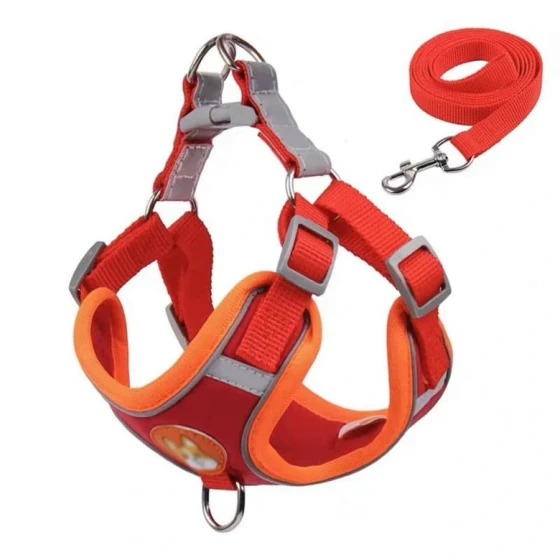What Happens If You Use Air Conditioning Frequently?
Damage to Spleen: Abdominal Pain and Diarrhea
Long-term stay in air-conditioned rooms allows cold air to gradually penetrate the body, damaging yang energy, causing spleen yang deficiency and digestive dysfunction, resulting in abdominal pain and diarrhea.
Recommendation: When working in an air-conditioned room for a long time, you should get up and walk around every half hour to an hour, go to the window to get some fresh air, and promote blood circulation.
Damage to Lungs: Colds and Fever
Entering an air-conditioned room with too low a temperature from the hot outdoors easily causes colds, coughs, and even more severe diseases like asthma and pneumonia. Furthermore, staying long-term in an air-conditioned room where air doesn't circulate can weaken the body's resistance.
Recommendation: The air conditioner temperature should preferably not be below 26°C, and ventilation should be ensured. Go outdoors to breathe fresh air in the early morning and evening to strengthen the body's adaptability.
Before using the air conditioner for the first time, clean the filter to prevent pathogens from causing diseases.
Damage to Uterus: Menstrual Pain
Women who stay long-term in air-conditioned rooms during their menstrual period are prone to uterine coldness, causing qi and blood stasis and poor flow, which ultimately leads to menstrual pain; women with colder constitutions are more susceptible.
Recommendation: Women should avoid staying in air-conditioned rooms for too long, especially during menstruation, keep warm by covering the abdomen with clothes or towels to avoid catching cold, and drink plenty of warm water.
Damage to Heart: Heart Attack
The continuous switching between high and low temperatures indoors and outdoors causes blood vessels to contract and expand sharply, leading to repeated blood pressure fluctuations, which may induce heart attacks. Elderly people with fragile blood vessels should especially pay attention to this.
Recommendation: Drink plenty of water to replenish body fluids timely and reduce blood viscosity. Exercise appropriately and ensure sufficient sleep. If dizziness, fatigue, chest tightness, or shortness of breath occurs, lie down and rest immediately.
Damage to Joints: Neck, Shoulder, Waist, and Leg Pain
Wearing less in summer and prolonged exposure of shoulder joints, knee joints, and waist to cold air can easily cause joint and muscle pain and may induce cervical spondylosis and periarthritis of the shoulder.
Recommendation: In summer, take advantage of the cooler early morning and evening to do more outdoor activities. If work requires long-term stay in air conditioning, wear a thin jacket and cover legs with a thin blanket to prevent cold.
Damage to Brain: Dizziness and Headache
The enclosed space of air-conditioned rooms has poorer air quality and insufficient oxygen.
Long exposure may cause dizziness, headache, memory decline, reduced work and study efficiency, laziness, and lack of energy due to brain hypoxia. More severe symptoms may include insomnia and neurasthenia.
Recommendation: Avoid staying in enclosed spaces for too long, go outdoors periodically, and open windows for ventilation when appropriate.





